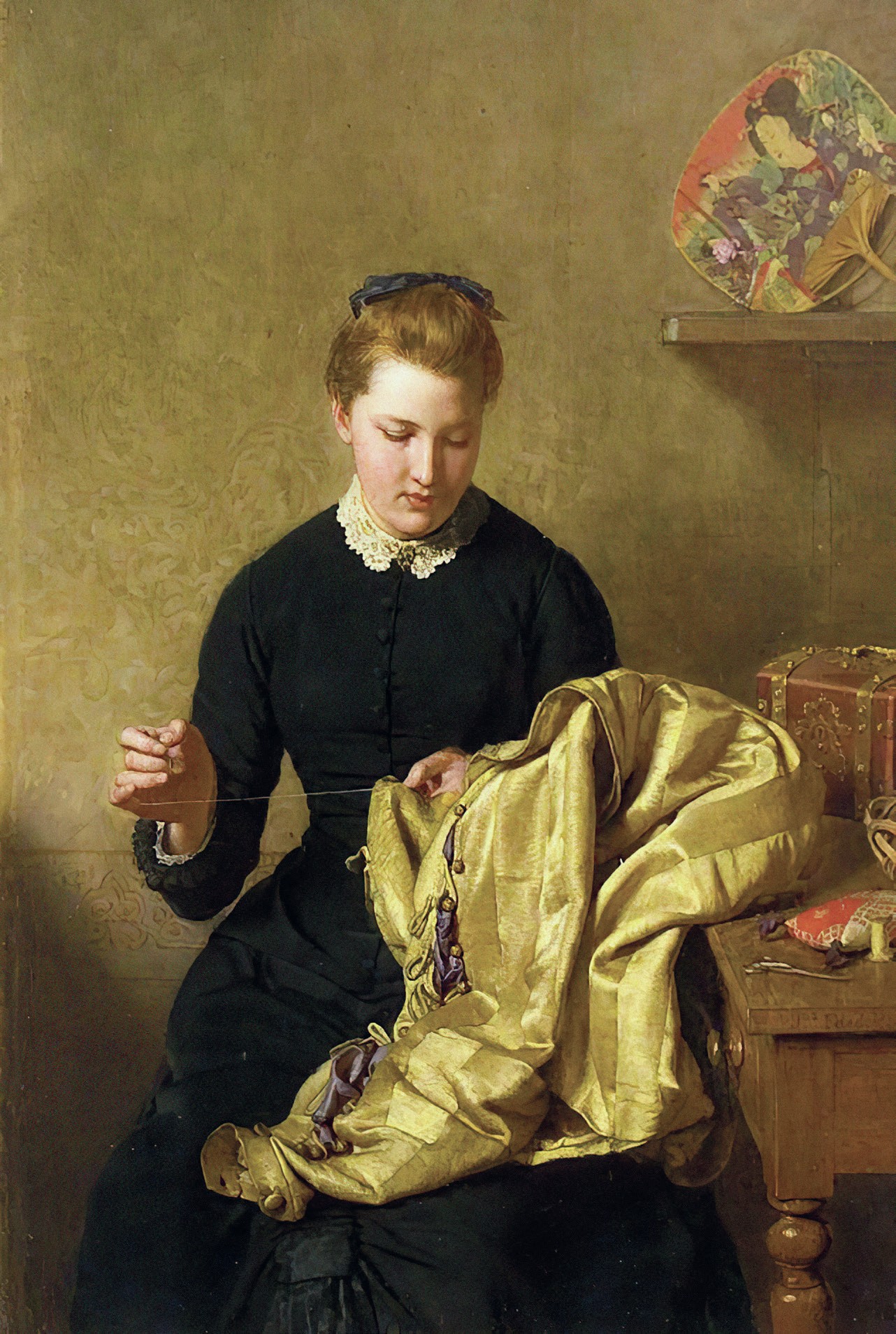
The bestselling sensation novels of Wilkie Collins famously recast mainstream contemporary ideas about gender, class and power in terms of madness, fraud and crime. The pacy storytelling, deft characterisation and narrative complexity showcased in those great novels of the 1860s were honed earlier in his professional career, as he produced a steady stream of short stories for Victorian England’s popular magazines. Often Collins wrote for publications managed and edited by his friend and mentor Charles Dickens. His short stories are diverse — from the suspenseful, ghostly and Gothic to the light, comic and satirical, but his best shorter fiction lies within the crime and detective genre.
‘The Diary of Anne Rodway’, first published in July 1856 in Dickens’ weekly magazine Household Words, features probably the first female detective in English literature. Told through the diary entries of one of society’s invisible and marginal members, a poor unmarried working-class woman, the story gave a significant boost to Collins’ career, as Anthea Trodd notes: Dickens was so impressed by its ‘pathos and humanity’ that he became convinced ‘Collins was the writer closest to his own values’. The up-and-coming young author was promptly invited to join the magazine’s regular staff (Trodd 2006, p. 29).
Your organisation does not have access to this article.
Sign up today to give your students the edge they need to achieve their best grades with subject expertise
Subscribe



